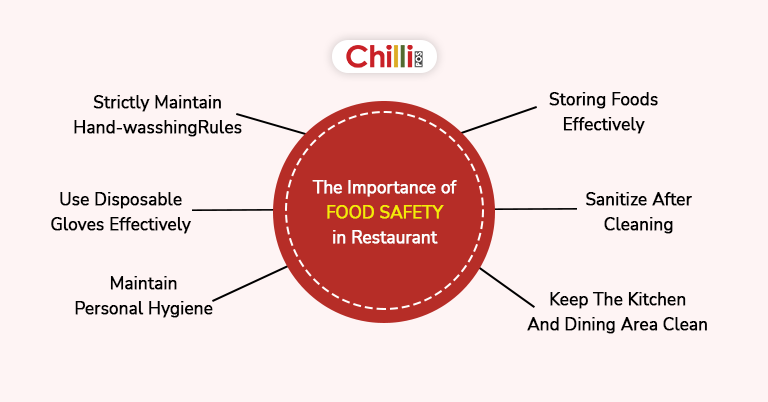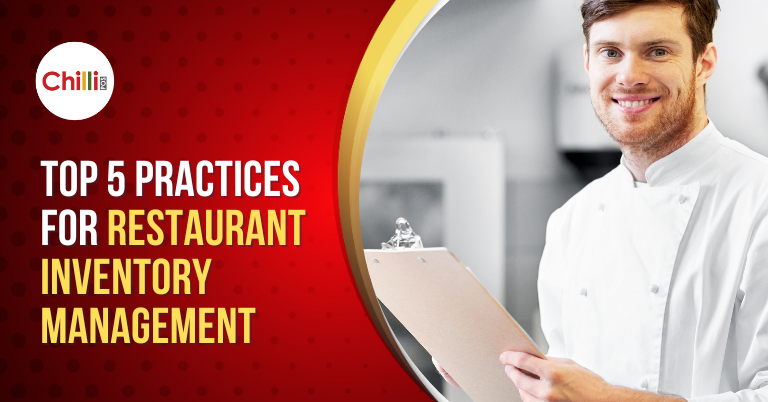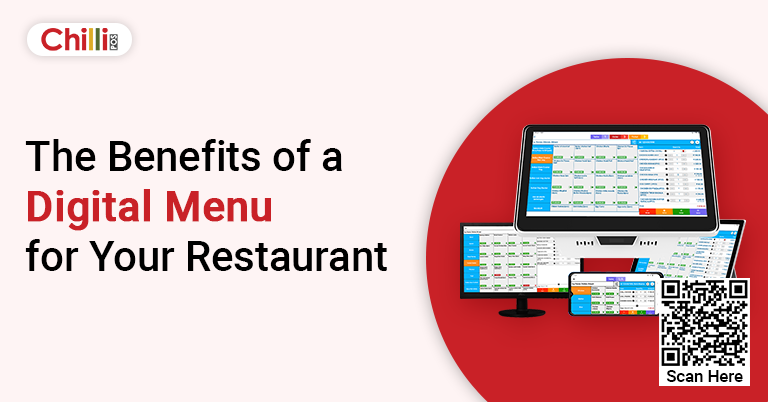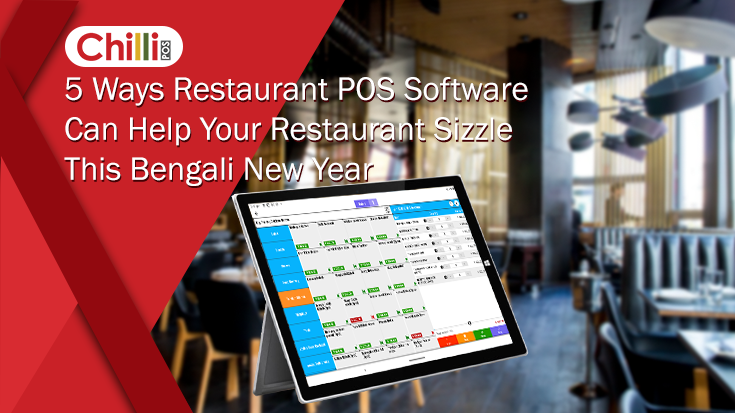The Importance of Food Safety in Restaurants
In the culinary world, there’s nothing more paramount than the safety and well-being of your customers. Ensuring that the food served in your restaurant is safe to consume isn’t just a legal requirement; it’s a moral obligation. The consequences of failing in this regard can be dire, including severe illness, legal repercussions, damage to your restaurant’s reputation, and loss of business. Food safety in restaurants isn’t merely a set of guidelines to follow; it’s a commitment to protecting your customers. One powerful tool that can significantly aid in maintaining food safety standards is a Point of Sale (POS) system.
The Foundation of Food Safety:
Food safety in a restaurant is built on several key principles:
Hygiene and Sanitation: The cleanliness of your kitchen, utensils, and the personal hygiene of your staff are non-negotiable. Cross-contamination, improper handwashing, or unclean kitchen surfaces can all lead to foodborne illnesses.
Temperature Control: Ensuring that food is stored and cooked at the right temperatures is critical. Bacteria thrive in the danger zone (between 40°F and 140°F or 4°C to 60°C). A small lapse here can result in harmful bacterial growth.
Safe Sourcing and Handling: The quality and source of your ingredients matter. Contaminated or spoiled ingredients can compromise food safety. Proper handling and storage from delivery to plate are vital.
Training and Education: Your staff should be well-trained in food safety protocols. They should understand the risks associated with improper food handling and know how to prevent them. It is equally important to reduce food costs.
The Role of POS Systems in Food Safety:
A modern POS system is more than just a tool for processing payments. It can significantly contribute to enhancing food safety in your restaurant:
Inventory Management: A POS system can help you keep track of your inventory in real-time. This is essential for ensuring that ingredients are used before they expire, reducing the risk of serving spoiled food.
Temperature Monitoring: Some POS systems integrate with temperature monitoring devices. They can send alerts when the temperature of your refrigerators or freezers goes out of the safe range, helping you prevent spoilage.
Supplier Tracking: You can use your POS to maintain a record of suppliers. This helps you trace the source of ingredients in case of contamination concerns or recalls, allowing for swift action.
Menu Engineering: POS systems can also assist in menu engineering. By identifying which dishes are popular and which ones aren’t, you can adjust your menu to reduce food waste, which is not only cost-effective but also eco-friendly.
Order Accuracy: Miscommunication between the front-of-house and the kitchen can lead to mistakes that compromise food safety. A POS system can streamline the order process, reducing the chances of errors.
Allergen Management: With increasing awareness of food allergies, a POS restaurant system can help you manage allergen information more efficiently. This ensures that customers with allergies are served safe meals.
Training and Accountability: Many modern POS systems have employee management features. You can use these to track staff training and ensure that food safety protocols are followed consistently.
Conclusion:
Food safety isn’t an option in the restaurant industry; it’s a necessity. The consequences of failing to maintain high standards can be devastating. A robust POS system can be your ally in this mission, helping you with inventory management, temperature monitoring, supplier tracking, and much more. It not only enhances food safety but also improves overall efficiency and customer satisfaction. Remember, investing in food safety is an investment in your restaurant’s reputation and success.







